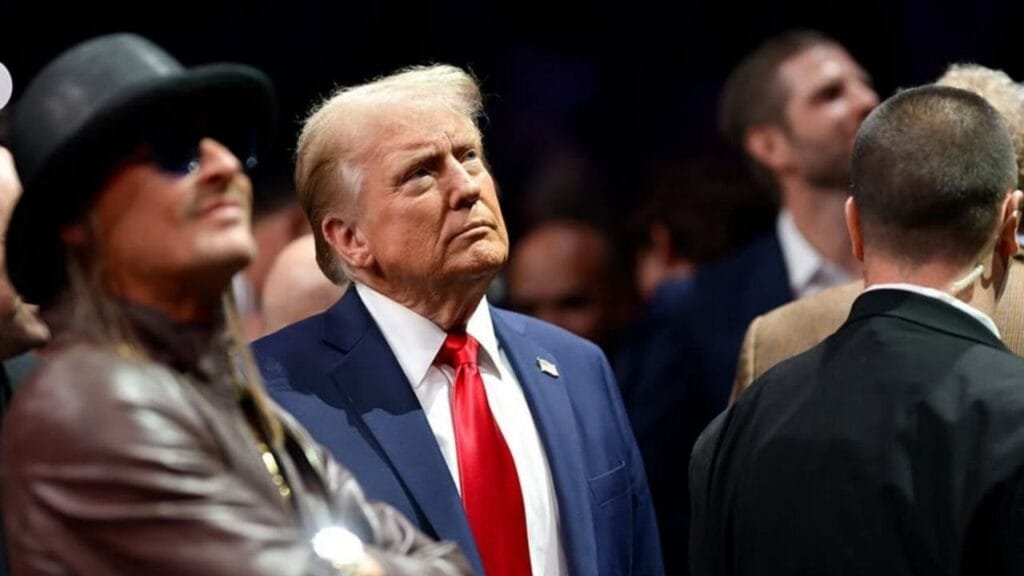Reciprocal Tariff System Proposed by Trump

Under the reciprocal tariff system, the U.S. plans to impose equal tariffs on Indian imports as India does on American goods. President recently told Prime Minister Narendra Modi that India will not be exempt from Washington’s tariffs, emphasizing that “nobody can argue with me” about the tariff structure.
Trump’s Discussion with PM Modi
In a joint interview with Elon Musk, President Trump shared his conversation with PM Modi, where he told him, “Whatever you charge, I’m charging.” When PM Modi disagreed, Trump firmly responded, “No, whatever you charge, I will charge. I’m doing that with every country.” Also: Who is Marc Fogel, the American teacher released by Russia.
India’s High Tariffs on U.S. Goods
India imposes some of the highest tariffs on U.S. imports, especially on automobiles, where duties can reach 100%. Elon Musk, sitting next to Trump, confirmed this. President argued that such high tariffs make it difficult for American companies to sell products in India unless they set up manufacturing plants there, which he believes is unfair to the U.S. economy.
Trump’s Response to Critics
Trump’s proposed reciprocal tariff system ensures that the U.S. will charge the same tariff rates as India does. He stated, “Nobody can argue with me” and explained that he no longer sets specific percentage tariffs, saying instead, “Whatever they charge, we’ll charge,” which he believes forces other countries to stop.
Past Clashes Over Tariffs
This isn’t the first time President has clashed with India over tariffs. During his first term, he frequently called India the “tariff king” due to the high duties on U.S. goods. However, after Prime Minister Modi’s recent visit to Washington, both countries agreed to work on doubling bilateral trade to $500 billion by 2030 and negotiating a bilateral trade agreement (BTA) by Autumn 2025.
Also read: A USPS worker has been sentenced to prison for stealing checks valued at $24 million.

